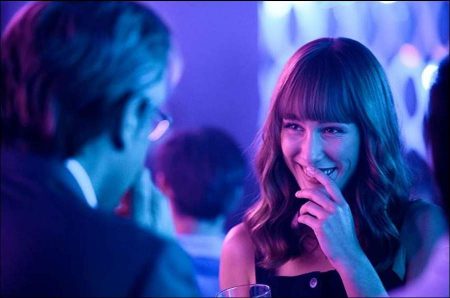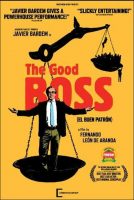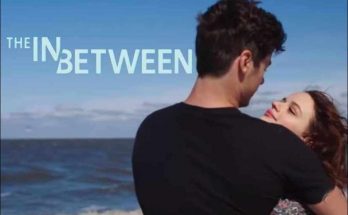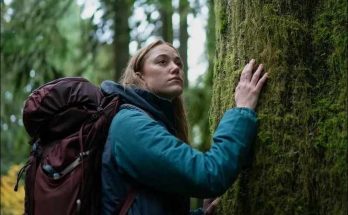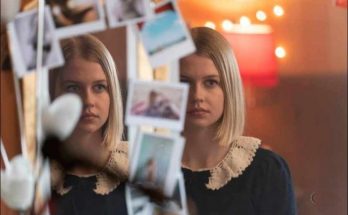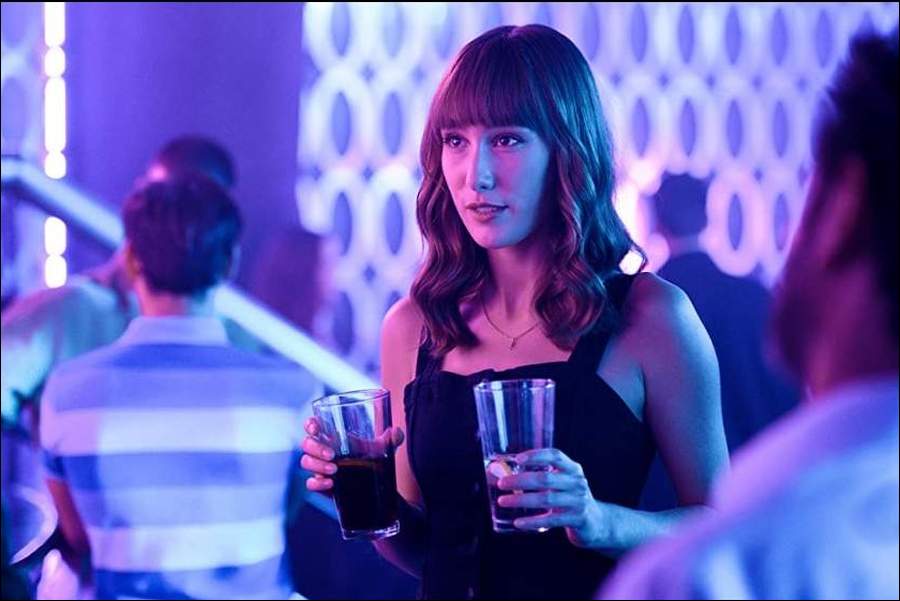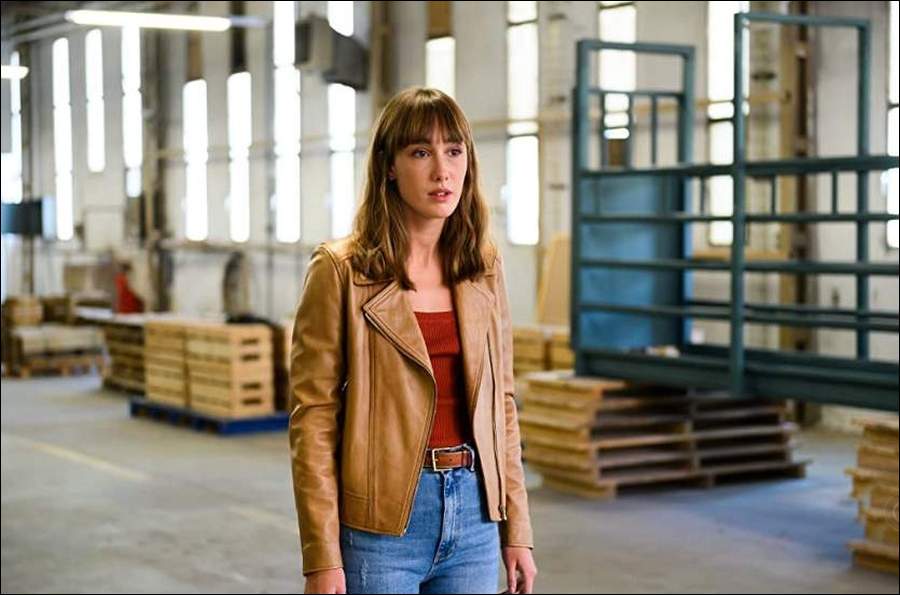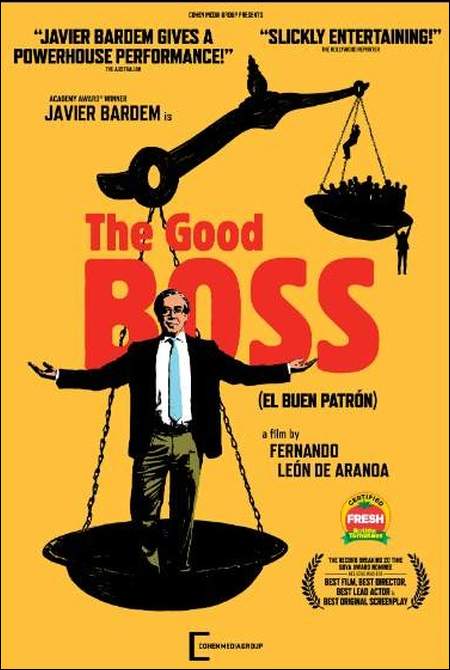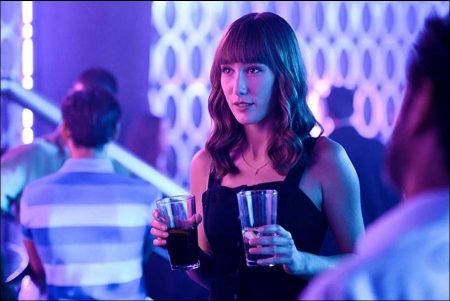
The Good Boss takes place in and around the Blancos Básculas factory, where all things must be in balance at all times. After all, they manufacture scales of all shapes and sizes. There, the seemingly benevolent boss, Bardem’s Blanco, is preparing his workforce for an upcoming inspection by a group visiting local businesses to select one for a prestigious prize.
Tensions begin to mount, however, when recently fired employee Jose shows up with his two children and begins making demands for the reinstatement of his employment. When Blanco’s management team refuses, the employee begins a one man crusade to discredit Blanco and prevent him from winning the much-coveted award.
The Good Boss (Spanish: El Buen Patrón) is a 2021 Spanish comedy film directed and written by Fernando León de Aranoa and starring Javier Bardem. A corporate satire, the plot tracks a charismatic and manipulative factory owner meddling in the lives of his employees. The film received a record-breaking 20 nominations to the 36th Goya Awards, winning 6 (Best Picture, Director, Actor, Original Screenplay, Score and Editing).
Film Review for The Good Boss
It’s Javier Bardem’s show as he runites with Fernando Leon de Aranoa for this parable of power in a provincial Spanish town.
Life is tough on the industrial estates of provincial Spain: if you were casting the role of the middle-aged owner of a Spanish company that manufactured industrial scales, you’d clearly be looking for someone whose CV featured the names of Anton Chigurh, Raoul Silva and Pablo Escobar. And indeed, at a couple of points in The Good Boss, Fernando Leon de Aranoa’s vehicle for Javier Bardem, which doubles as a latter-day, comic morality tale, true danger does break through, supplying a sharp edge to a film that otherwise feels a little too comfortable for its own good.
It could be its audience friendliness that has led the Spanish Academy to choose The Good Boss as one of its three potential Oscar submissions. Success in Spain is guaranteed, but if The Good Boss does make a mark offshore, it will possibly be more through the potent presence of Bardem than for the film itself, which is slickly-made and entertaining, but ultimately a little déjà vu.
It opens with one of those moments of violence — a brutal night-time street attack on immigrants which initially seems to have nothing to do with the action, but which later feeds darkly back into the narrative. The scales company, run by the immaculately groomed and tanned Blanco (Bardem), is a candidate for a local award for excellence. Yet even as their beloved patrician boss is announcing to his staff that everyone must be on their best behaviour in preparation for the inspectors’ visit, things start to go wrong: the ‘family’ that Blanco claims the company to be is more dysfunctional than he knows.
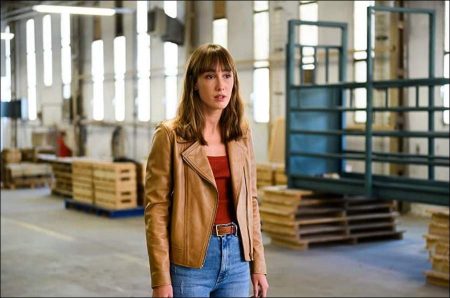
Recently fired Jose (Oscar de la Fuente) sets up a one-man protest outside the factory, accompanied by his children. His mind on his failing marriage, Blanco’s foreman Miralles (Manolo Solo) is starting to make expensive mistakes. Blanco’s elderly assistant Fortuna (Celso Bugallo), the father of one of the attackers, asks Blanco to give his son a job at the fashion store run by Blanco’s wife Adela (Sonia Almarcha). And into all of this walks intern Liliana (Almudena Amor), whose charms the old-fashioned Blanco will find hard to resist.
As a manufacturer of scales, Blanco has spent his life preaching the importance of checks, balances and, yes, justice. But there’s bird shit in the scales at the factory entrance and, this time, levelling things out won’t be so easy. The police explain that they can’t force Jose to leave (though why Blanco doesn’t just temporarily give him his job back is not addressed until too late). Miralles becomes seriously unbalanced. In the weakest and most predictable of the storylines, Blanco learns that Liliana holds a power over him that he didn’t anticipate.
Plotwise, The Good Boss is as smooth and efficient as a well-run factory. Initially it comes across as busy farce, with its reassuringly familiar characters, its exaggerations, and its age-old moral that power may smile, but can never be trusted. But the bigger point is that Blanco’s struggles are against a changing world that he doesn’t understand — one in which foreigners, in the form of Miralles’ shop-floor rival Khaled (Tariki Rmili), and women, in the form of Liliana, might wish to acquire a little power for themselves.
All this comes as news to Blanco, the good boss who can finally only react by channelling his inner Pablo Escobar and delivering some good, old-fashioned violence; but it probably isn’t news for the viewer, who will feel that there’s something slightly fusty about the whole setup. There are plenty of smiles and a few outright belly-laughs in The Good Boss, although the running gags have a tendency to outstay their welcome; the ongoing riff, for example, about the habit of Roman (Fernando Albizu), a security guard who’s an unfulfilled artist, to think of Jose’s slogans as poetry.
Bardem’s performance, as a man who has spent a lifetime hiding his unethical behaviour behind the veneer of patrician affability and who seems to have lost his feel for what’s right and wrong, has a depth and complexity that seems to come from somewhere else. Thick with grimaces, gestures, and lengthy pauses as both Blanco and Bardem compellingly hold the stage, this is indeed bravura stuff and Bardem fans can rest assured that they’ll get exactly what they came for: but the rest of the film pales beside him.
Leon de Aranoa kick-started his career with the authentically punchy Mondays In The Sun, which also featured Bardem, and some viewers will find themselves yearning for the grounded authenticity that permeated both that film and the director’s earlier work. But then suddenly and unexpectedly, their prayers are answered by the deep, wordless and frankly breath-taking final scene of The Good Boss, which shows us what the film could have been if it had dropped some of the gags to make room for a little more emotional truth.
The Good Boss (2022)
Directed by: Fernando León de Aranoa
Starring: Javier Bardem, Manolo Solo, Almudena Amor, Óscar de la Fuente, Sonia Almarcha, Fernando Albizu, Tarik Rmili, Rafa Castejón, Francesc Orella, Mara Guil, María de Nati
Screenplay by: Fernando León de Aranoa
Production Design by: César Macarrón
Cinematography by: Pau Esteve Birba
Film Editing by: Vanessa Marimbert
Costume Design by: Fernando García
Music by: Zeltia Montes
MPAA Rating: None.
Distributed by: Cohen Media Group
Release Date: August 26, 2022
Views: 96
